
%PROGRAM FILES%\LLL\BIND.EXE - Dangerous
%PROGRAM FILES%\LLL\BIND.EXE
Manual removal instructions:
What is BIND.EXE?
BIND.EXE is reported and classified as malicious program (malware). BIND.EXE actively resists detection and employs a number of techniques to ensure that you cannot remove BIND.EXE from infected computers.How BIND.EXE got on your computer?
Phishing is the most common way for malware to infect computers. It could be a fake email message that appears to be originated from Microsoft Customer Service, eBay, PayPal, Amazon, or even your bank or insurance company. Fake emails that appear to come from the police, the FBI and other government entities were also reported. BIND.EXE could also infect your computer by exploiting a security vulnerability of your Web browser or one of its plugins. If this is the case, BIND.EXE would be injected into a Web page, and could get to your PC when you visited a malicious or hacked Web site. BIND.EXE can be distributed with legitimate software that is repackaged by the scammers. It could be downloaded from warez Web sites or download archives.How do you know you have BIND.EXE on my computer?
BIND.EXE works in background. It does not appear as a window, does not have a shortcut. BIND.EXE hides its existence from your eyes.How to remove BIND.EXE?
It may not be easy! Be careful! Make a full backup of your PC before starting.Use this guide to remove BIND.EXE manually:
STEP 1: Uninstall BIND.EXE using Windows uninstallation applet (use Add/Remove Programs or Uninstall Program or Apps & features).
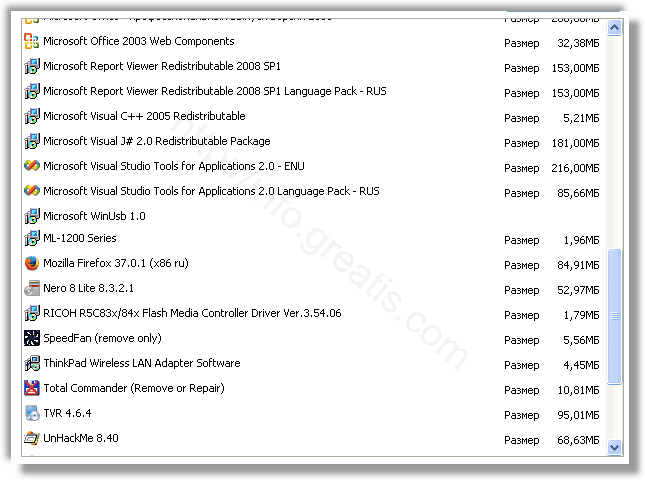
STEP 2: Open Task Manager and close all processes, related to BIND.EXE in their description. Discover the directories where such processes start. Search for random or strange file names.
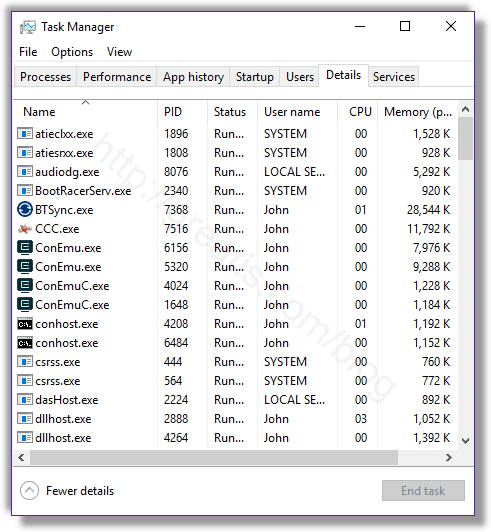 Remove BIND.EXE virus from running
processes.
Remove BIND.EXE virus from running
processes.
STEP 3: Inspect the Windows services. Press Win+R, type in: services.msc and press OK.
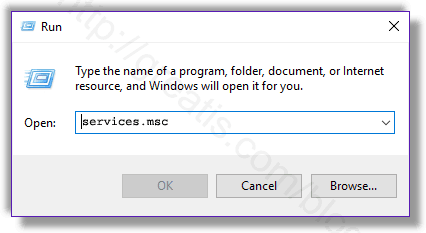 Remove BIND.EXE virus from
Windows services.
Remove BIND.EXE virus from
Windows services.
Disable the services with random names or contains BIND.EXE in it's name or description.
STEP 4: After that press Win+R, type in: taskschd.msc and press OK to open Windows Task Scheduler.
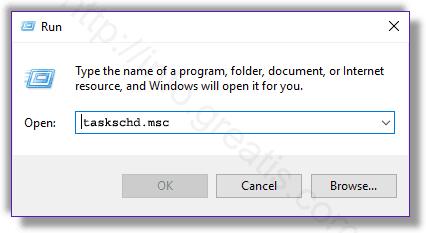
Delete any task related to BIND.EXE. Disable unknown tasks with random names.
STEP 5: Clear the Windows registry from BIND.EXE virus.
Press Win+R, type in: regedit.exe and press OK.
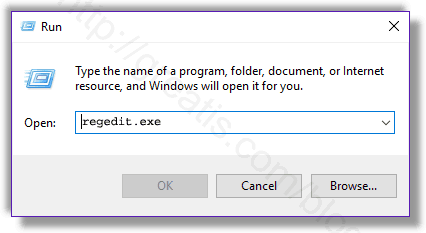 Remove BIND.EXE virus from Windows
registry.
Remove BIND.EXE virus from Windows
registry.
Find and delete all keys/values contains BIND.EXE.
STEP 6: Check your shortcuts on your desktop and in the Start menu for BIND.EXE presence. Fix infected shortcuts.
STEP 7: Remove a virus from Google Chrome.
STEP 8: Remove a virus from Internet Explorer.
STEP 9: Remove a virus from Mozilla Firefox.
STEP 10: And at the end, clear your basket, temporal files, browser's cache.
BIND.EXE is related to: Trojan.Mikey.DED11, BIND.EXE. Virustotal = 41/62 MD5 = 5FA59E5B9943CBE21C6F9F79B72C0469 File Size: 73728
Dmitry Sokolov:

Since that time I work every day to fix the issues that antiviruses cannot.
If your antivirus have not helped you solve the problem, you should try UnHackMe.
We are a small company and you can ask me directly, if you have any questions.